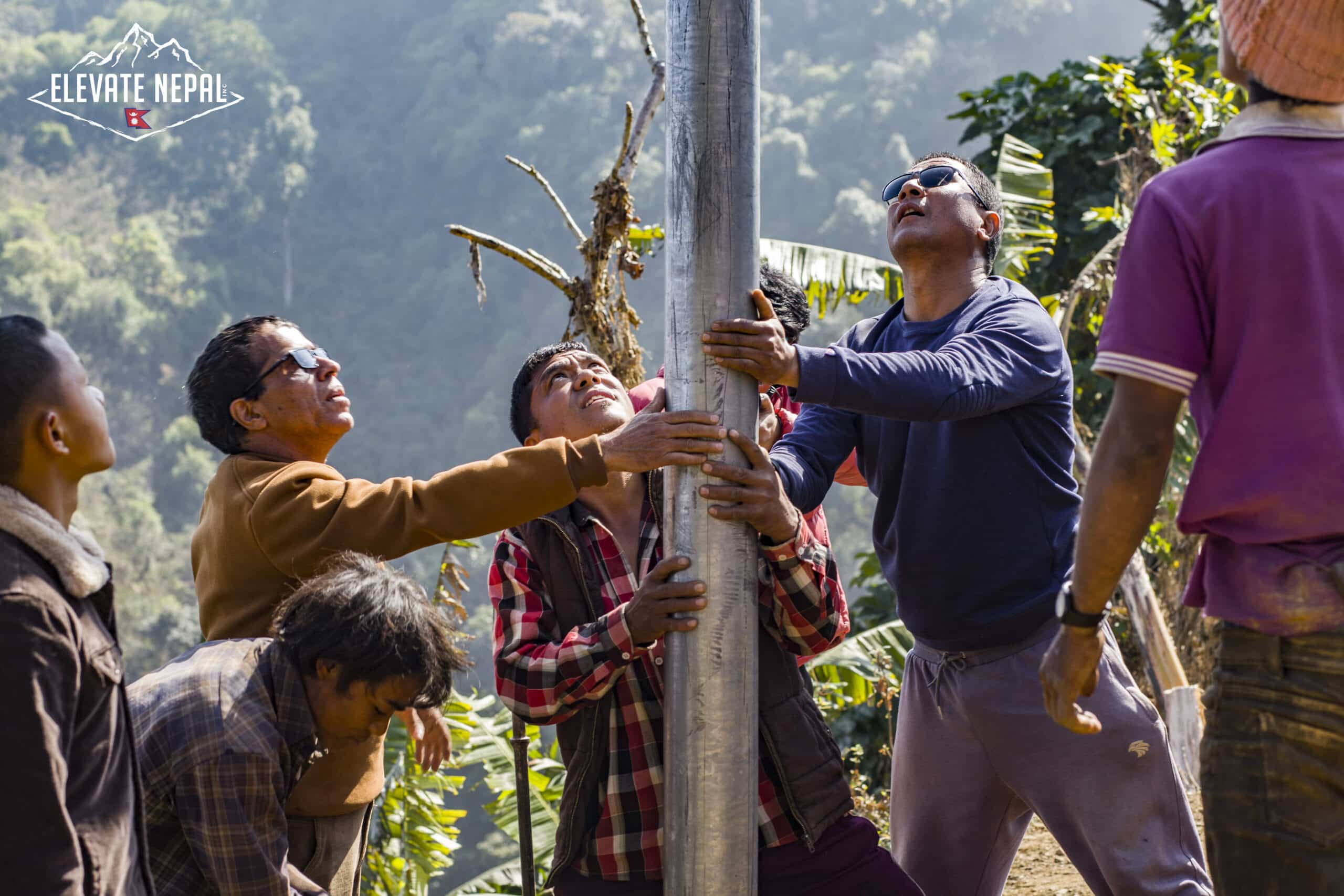More than 2 billion people worldwide lack access to drinking water. In Nepal, only 25 percent of the population has access to safe water sources, contributing to low life expectancy and high infant mortality. Elevate Nepal is on a mission to help alleviate these problems through its Makwanpur Development Plan.
Our team is currently executing a three-phase, three-year potable water and sanitation project in Nepal’s remote Makwanpur District. The project aims to improve quality of life in three of the District’s remote hillside villages: Gopeghari, Deurali and Dhusarang, and fortify its residents against existential threats such as climate change, earthquakes, and out-migration. Once complete, each village will have clean drinking water, electricity, and biogas toilets in every house for the first time in history.
“We first found this area by luck, really,” said our organization’s founder, Dan Maurer, when asked how Elevate Nepal first connected with people in the Makwanpur District. “Resham [Bal] and I explored some of Nepal’s most remote villages and conducted research on their most pressing needs.”
The District’s villages are only reachable via four-wheel drive and by foot through rugged terrain. They do not have running water, electricity, schools, or health facilities. Many of these villages face out-migration. Further, these villages are especially vulnerable to climate change, which impacts weather patterns and agricultural output. The District’s indigenous Chepang Tribe, a formerly nomadic Tibeto-Burmese ethnic group, is among the most marginalized communities in Nepal and lacks a consistent source of potable water—the first obstacle in improving quality of life.
Phase 1
Elevate Nepal completed Phase 1 of the project in June 2022. Our focus during that phase was bringing water and electricity to the mountain village of Gophegari. Accessing this village requires a 10-hour journey from Nepal’s capital city Kathmandu. It can only be completed with four-wheel drive and a two-hour hike up a steep hillside. Neither the Nepali government nor any non-governmental organization has attempted to support this community.
Because the village did not have running water or electricity, locals (most often women and children) were required to haul water from a spring. Further, hygiene and sanitation issues resulted in widespread illness and high childhood mortality. With the generous support of our donors, this phase was completed within budget and in less time than expected. It also laid a blueprint for efficiency and success for the remaining phases of the project, as well as other similar projects in the future.
Phases 2 & 3
In December 2022, we shifted our focus to Phase 2. This phase has two objectives: expand the established water and electrical system in Gophegari to a neighboring village of Deurali, and build biogas toilets in Gophegari. Deurali has three times the population of Gopeghari and includes The Chepang and Tamang Indigenous tribes. Currently, there is no water nor electricity in the village.
Deurali is located lower on the mountainside than both Gopheghari and the District’s fresh water source. Therefore, this water system will be powered by gravity, connecting to the existing reservoir tanks up the hillside. Because Deurali has a larger population and the houses are spread farther apart, the construction team needs to build out an additional six miles of pipe and two more reservoir tanks to meet the needs of the village.
Biogas toilets will bring continued benefits to the Gopeghari community. All cooking currently takes place indoors on open wood fires with wood collected from the local forest. This has led to deforestation across the region. Persistent smoke from cooking fires results in widespread respiratory issues. Additionally, open defecation is still practiced, raising water contamination and sanitation concerns, including waterborne illness and premature death.
Household biogas toilets will address these challenges of deforestation, smoke inhalation, and poor sanitation, as they’ll deposit into a large, underground biogas septic tank. As solid waste and other organic materials decompose, these toilets create methane gas—which can then be safely piped into homes and used for cooking.
The completion of Phase 2 (expected in June 2023) will leave both Gopeghari and Duerali with clean drinking water, electricity, and biogas toilets within every house. We will then expand these efforts into the third village of Dhusarang during Phase 3, which is expected to kick off in December 2023.
Looking Ahead…
Clean water, electricity, and sanitation are unequivocally necessary to alleviate poverty and develop sustainable, thriving communities. These resources allow villagers to water crops, bathe, and clean food, increasing life expectancy and reducing childhood mortality. Sanitation infrastructure curbs deadly illnesses and running water prevents malnutrition. Aid can be administered to those in need, but there can never be a strong foundation without these key building blocks.
Once the infrastructure is in place to help meet villagers’ basic needs, residents can turn their attention to pursuits such as education and employment. We plan to foster this through agriculture programs that offer transferable skills and income sources already available to the region. Eventually, we hope to build a school and health post in the District.
“Elevate Nepal is only just getting started,” said Maurer. “This whole area needs a lot of help. There are still five other villages that don’t have access to water and electricity.”
We will continue to foster the development of thriving communities where people can improve their lives and make a living without having to migrate from their villages. At the conclusion of this project, the Makwanpur communities will be self-sufficient and resilient against existential threats such as earthquakes, out-migration, and climate change.


